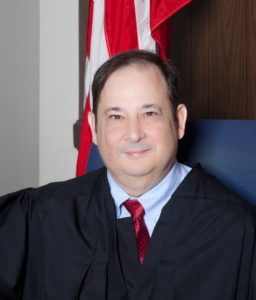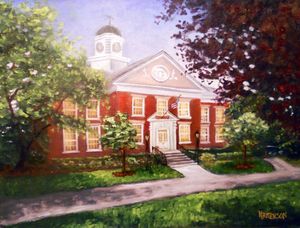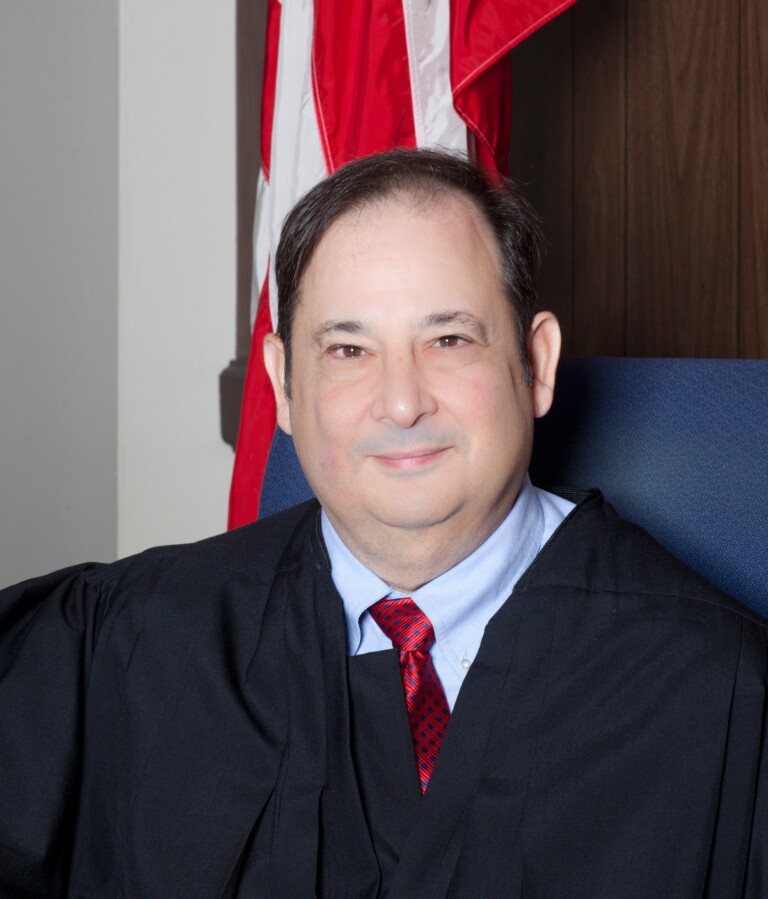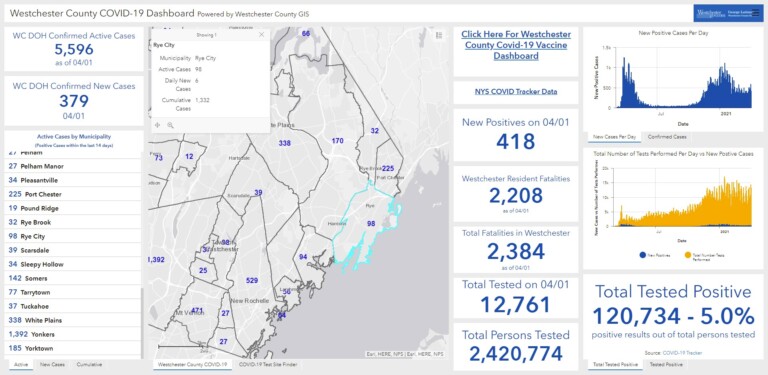Holding Court: The Appeals Process
Holding Court is a new series by retired Rye City Court Judge Joe Latwin. Latwin retired from the court in December 2022 after thirteen years of service to the City.
This week, Latwin explains the appeals process.
By Joe Latwin

“Well, nobody’s perfect.” Last line of Some Like it Hot. The perfect judge thought he made a mistake once, but he was wrong. In case of some errors by the City Court, there is a remedy.
If you are not happy with the final decision of the Rye City Court, you may appeal that decision to the Appellate Term of the State Supreme Court – 9th Judicial District, located in Brooklyn. The dissatisfied party files a one-page Notice of Appeal, a Request for Appellate Term Intervention, and the required fee with the City Court Clerk within 30 days of the adverse decision.
The party appealing the decision must arrange and pay for the transcript of the trial testimony and provide copies of any documents that were presented to the Court. This is called the Record. No new evidence is allowed since the appeal is only reviewing the case based upon what was before the City Court; there are no witnesses, and no exhibits at the Appellate Term. If it wasn’t presented to the trial court, it won’t be considered on appeal. The appealing party then has to file the Record and may submit a Memorandum of Law.
Most do not understand what an appeal is or does. An appeal itself stops nothing. It does not prevent the winning party from enforcing the judgment. Collection of a judgment can proceed even if an appeal is filed.
An appeal is not a retrial. The appeals court will decide the appeal solely on the Record before the City Court. You are stuck with and bound by the evidence in the Record. While oral argument is permitted, it only happens in about 50% of the appeals. Once an appeal is fully submitted to the Appellate Term, there will be a decision usually in 6 to 18 months from the Rye judgment.
There are three major outcomes – the judgment can be affirmed leaving the judgment in place, the judgment can be reversed, or the case can be sent back to the Rye Court for a decision based on the findings of the Appellate Term. The chance of success on appeal is not great. Due to the cost of taking an appeal and the likelihood of success, the vast majority of cases are never appealed. Of the cases where an appeal is perfected, very few are reversed.
In my 13 years on the bench, of the thousands of cases I decided, only 5 or 6 cases that were fully appealed and decided by the Appellate Term. All but one were affirmed. The one that was reversed was sent back to me for retrial but after the defendant had already served his probationary sentence and paid the fine.
Certain errors are more likely to succeed on appeal. Being sentenced to an illegal sentence, violating the plain language of a governing statute, a clear failure to prove an essential element of a claim, or a lack of jurisdiction are more likely to succeed than other bases. Even if there was an “error,” reversal may not be awarded if the error was a “harmless error.”






